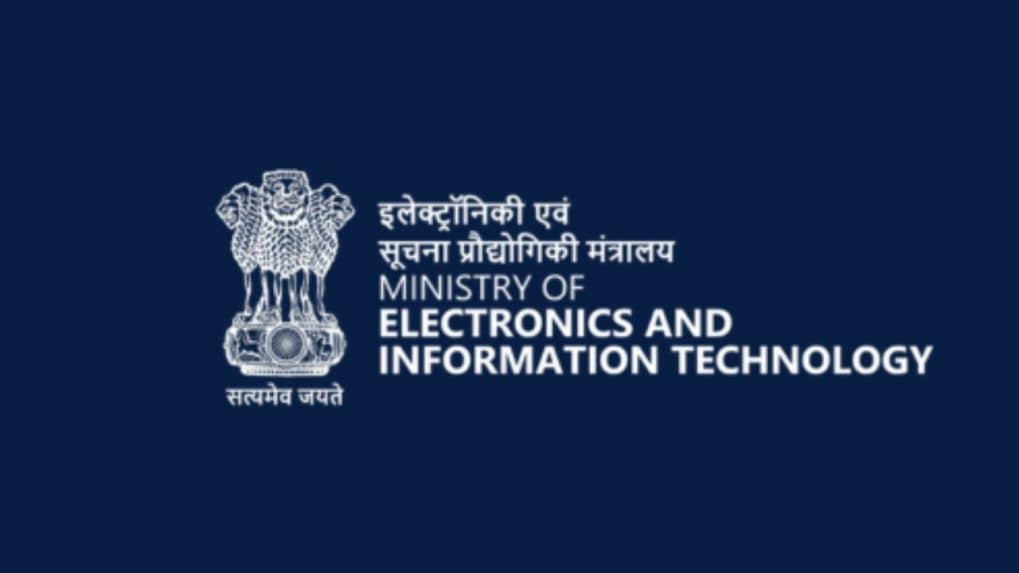IndiaAI Mission adds over 34,000 GPUs, backs 500+ proposals for foundation models
To drive innovation, the Application Development Initiative has approved 30 AI solutions across critical sectors such as healthcare, agriculture, disaster management, and assistive tech.
ADVERTISEMENT
The IndiaAI Mission, launched in March 2024, is beginning to take shape as a cornerstone of the country’s artificial intelligence ecosystem. In a response to a starred question in the Lok Sabha on Tuesday, Union Minister for Electronics & IT, Railways and I&B, Ashwini Vaishna Ashwini outlined the government’s AI roadmap, including infrastructure rollout, application development, talent support, and global engagement.
Built on the Prime Minister’s vision to democratize technology and tackle India-centric challenges, the mission aims to position India as a global leader in responsible and inclusive AI. The government has structured the initiative around seven key pillars to support innovation, upskill talent, and promote ethical use.
On the infrastructure front, the IndiaAI Compute pillar has onboarded 34,381 GPUs from 14 empanelled service providers. These GPUs are offered at subsidized rates to Indian startups and academia, with widely used H100 chips priced at Rs 92 per hour — significantly lower than commercial hyperscaler rates. The AIKosh platform, launched in beta in March 2025, complements this with over 890 datasets, 208 AI models, and 13 development toolkits. The platform has seen over 265,000 visits and 13,000 resource downloads to date.
To drive innovation, the Application Development Initiative has approved 30 AI solutions across critical sectors such as healthcare, agriculture, disaster management, and assistive tech. A key highlight includes the CyberGuard AI Hackathon, developed in partnership with the Indian Cybercrime Coordination Centre (I4C), to advance AI-driven cybersecurity.
India is also investing in sovereign foundational models. The Foundation Models program received more than 500 proposals, with four startups — Sarvam AI, Soket AI, Gnani AI, and Gan AI — selected in the first phase to build large multimodal models trained on Indian data and languages.
The government is also placing strong emphasis on AI talent development. Over 200 students have received fellowships under the FutureSkills pillar, which targets 500 PhD scholars, 5,000 postgraduates, and 8,000 undergraduates. Twenty-six partner institutions have already been onboarded, with plans to expand Data and AI Labs to 27 Tier 2 and Tier 3 cities. Additionally, 174 ITIs and polytechnics have been nominated to host AI labs.
To support startups, the IndiaAI Startup Financing program has facilitated international exposure through a collaboration with Station F and HEC Paris, supporting 10 Indian AI startups as they expand into European markets.
Responsible AI adoption is being addressed under the Safe & Trusted AI pillar. Eight projects focusing on privacy, explainability, and governance have been selected in the first round, with over 400 applications received in the second. The government has also issued an Expression of Interest to set up the IndiaAI Safety Institute, which will lead research on machine unlearning, auditing tools, and bias mitigation.
India is also asserting its presence on the global AI stage. It chaired the Global Partnership on Artificial Intelligence (GPAI) and led consensus during the G20. The country is set to host the AI Impact Summit in February 2026, bringing together governments, academia, startups, and private-sector leaders to shape the future of AI collaboration.
Read More:IndiaAI mission marks milestone with launch of AIKosha, compute portal, and key initiatives


